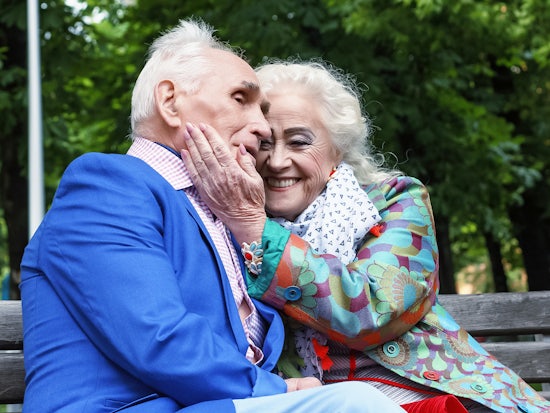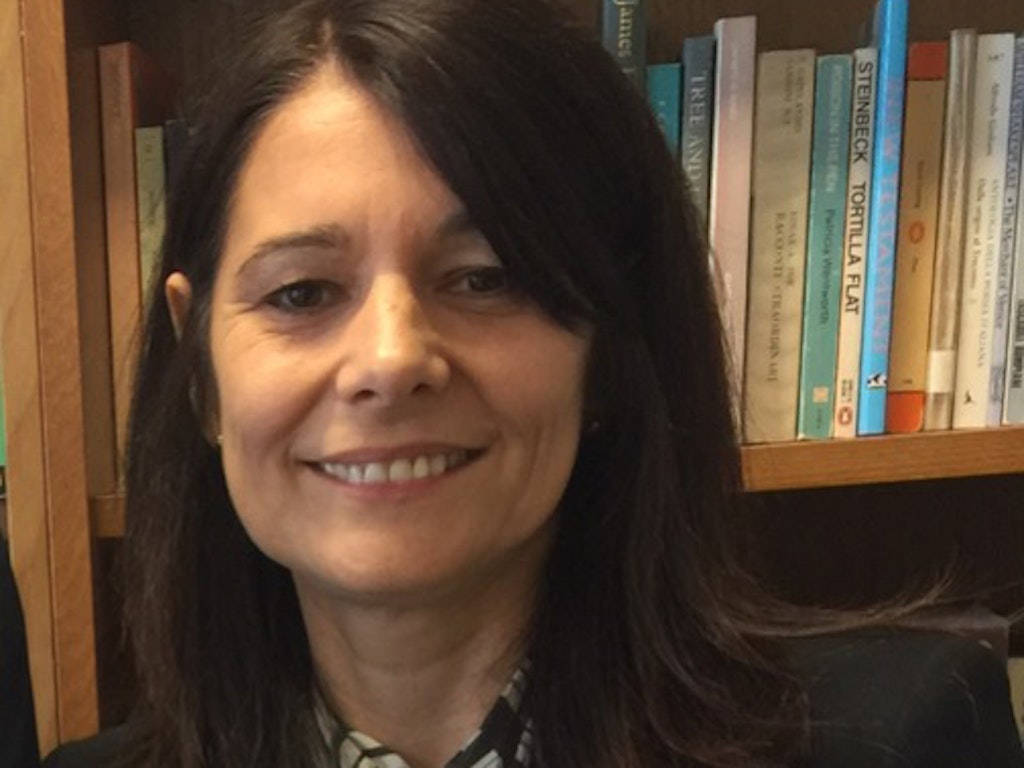Delivering aged care services for multicultural Australia – part 1
Communication issues, differences in culture and traumatic life experiences are just some of the challenges aged care services need to overcome to help meet the needs of Australia’s ageing migrants.

Nearly one in four people aged over the age of 65 was born in a non-English speaking country (Source: Shutterstock)
Communication issues, differences in culture and traumatic life experiences are just some of the challenges aged care services need to overcome to help meet the needs of Australia’s ageing migrants.
This three part series, takes a look at some the considerations of delivering aged care services, and the challenges for people accessing them.
Nearly one in four people aged over the age of 65 was born in a non-English speaking country according to the Australian Institute of Health and Welfare. Figures show in 2014, while 37 percent of Australians over the age of 65 were born overseas, only 14 percent were born in English–speaking countries (the United Kingdom, Ireland, New Zealand, Canada, the United States, and South Africa) and however 23 percent were born in non–English speaking countries.
The language barrier
Speaking a different language is probably the first barrier for service providers. Dr Daniela Cosmini-Rose, Senior Lecturer and Coordinator (Italian Section) Flinders University and editor of the book, Ageing between Cultures, has studied the Italian-born community in South Australia.
“Census figures for South Australia, show more than a third of Italian migrants over 65 are not proficient in English, with the proportion rising to more than half among women,” she says. She points out services for migrants, including English language classes were in short supply when many Italians arrived in Australia in the 1950s and 1960s and the closeness of Italian families and communities has subsequently limited their exposure to English.
“It follows that many home services provided by Australian aged care providers, which aim to promote the independence of older people, become difficult to access if the recipients of these services have little knowledge of English and fail to communicate with caregivers,” Dr Cosmini-Rose adds. “With many government agencies and private providers increasing their use of web-based access to services and information, elderly migrants can be doubly disadvantaged by the language barrier and unfamiliar technology.”
Although interpretation services are now more readily available, local dialects, common in many Asian, Middle Eastern and even European countries make it harder. “For example, someone who speaks calabrese, a dialect spoken in the southern region of Calabria, may not be understood by someone who speaks veneto, a dialect of the northern region of Veneto,” she says.
Andrea McLeod, General Manager Aged Care and Disability Services Spectrum highlights even if a migrant does speak English, some may not comprehend what’s been said. “They may not understand the concept of aged care and their perceptions of ageing may be different,” she says. “So we need to ensure they are understanding what they are signing up for.”
To complicate the issue, there is evidence that second language competency deteriorates with advancing years, with people reverting back to their mother tongue.
“Even those migrants who learned basic language skills during their working years will lose their ability to speak English over time,” says Dr Cosmini-Rose. “This is further exacerbated in the management of people suffering from dementia.”
Adding another level to dementia management in migrants, Ms McLeod highlights in some cases we don’t know what is dementia behaviour or what is cultural.

Life experiences
Over the years, migrants have arrived in Australia for variety of
reasons. “Some have chosen to be here and others are refugees,” says Ms
McLoud and providing aged care for refugees presents further challenges.
Having worked in south west Sydney for a number of years where there
is a large refugee population, Sharon Wall, gerontologist and Ageing By Caring director came across many issues, and in conjunction with the Older Refugee Working Committee developed the resources. ‘Enhancing the lives of older refugees : a self improvement resource for community service providers’.
There are a wide variety of refugees in Australia including those
arriving after WWII from Germany or Eastern Europe, and those arriving
from warn-torn areas such as Afghanistan, Burma/Myanmar, Cambodia,
Chile, Laos, Somalia, Vietnam or Uruguay Bosnia, Colombia, Croatia,
Kosovo, Serbia and Sudan. As a result, many of these people have fled
serious human rights violations, some are survivors of torture and have
witnessed terrible atrocities.
Ms Wall says the resource is a vehicle to bring up an understanding
of PTSD (post traumatic stress disorder) of older refugees. “People need
to be more mindful of this as well as the classical ageing concept;
carers need to recognise actions may revert back to very unpleasant
memories,” she says, highlighting those working in Jewish aged care may
have people with behavioural issues manifesting because of experiences
in the past.
“We need to have an understanding of the impact and have strategies
in place to deal with them,” she says. “We’re never going to know if an
older person with challenging behaviours is reliving an incidence of
great trauma, but if we have an understanding, it changes the way in
which we respond and react.”
Combined with dementia and a bit of depression, Ms Wall points out, it’s a complex issue.
Other considerations
Ms McLeod highlights there are cultural differences too. “The way of
dealing with ageing is different here; people with families often don’t
have generations living together,” she says. “People who arrived 20 or
30 years ago kept their cultural identity, food, traditions. We’re now
in the position where children are growing up in a more simulated way of
life where their cultural heritage is shaped very differently to what’s
happening in the homeland.”
Knowing what’s available is an issue Ms McLeod says, but highlights
others fall through the gaps. “Some have age related issues at an
earlier age and don’t fit into the health system boxes,” she says.
Dr Cosmini-Rose believes to continue to improve the availability of
culturally competent care, the representation of views of older people
and their families is crucial and research needs to be conducted in the
elderly migrants’ native language by scholars who also have cultural
expertise relevant to the community of interest.
Ms McLeod also highlights there is a need for more dialogue and policies to help solve some of these problems.
But the conversation is now been had.























